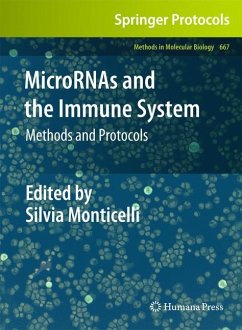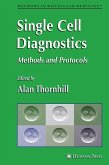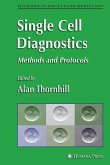In recent years, the critical role of microRNAs has been revealed within the biology of cells that constitute the immune system. In MicroRNAs and the Immune System: Methods and Protocols, expert researchers explore the latest techniques for studying miRNA expression, including the most up-to-date data on splinted ligation and qRT-PCR assays, as well as high-throughput profiling through cloning, deep sequencing, and microarrays. Chapters outline methods to study miRNA functions in various cell types from a single cell type level to entire model organisms, and present studies of miRNAs in the context of viruses and the immune response. Tools are also provided to help navigate bioinformatics databases on miRNAs and their targets. Composed in the highly successful Methods in Molecular Biology(TM) series format, each chapter contains a brief introduction, step-by-step methods, a list of necessary materials, and a Notes section which shares tips on troubleshooting and avoiding known pitfalls. Contemporary and innovative, MicroRNAs and the Immune System: Methods and Protocols is an essential handbook for immunologists, biochemists, and molecular biologists.
From the reviews:
"This book is useful to scientists seeking to study the role of miRNAs in the immune system. ... helpful to immunologists, biochemists, and molecular biologists interested in miRNA effects. The detailed protocols are invaluable to students and post-docs in particular. ... The figures of the types of data one may obtain and the notes on troubleshooting are invaluable to both seasoned investigators and novice students." (Elizabeth S. Raveche, Doody's Review Service, February, 2011)
"Serves primarily as a recipe book, detailing all the latest methods one would need to further investigate the roles of microRNAs in this area of biology. It will appeal to both students who are new to the field ... and molecular biologists who can keep it close as a handy reference material for planning and carrying out their experiments. ... appealing to anyone from beginners to experts. ... an attractive book for those interested in identifying and characterising particular miRNAs in the immune system." (Daniel Peters, Immunology News, February, 2011)
"This book is useful to scientists seeking to study the role of miRNAs in the immune system. ... helpful to immunologists, biochemists, and molecular biologists interested in miRNA effects. The detailed protocols are invaluable to students and post-docs in particular. ... The figures of the types of data one may obtain and the notes on troubleshooting are invaluable to both seasoned investigators and novice students." (Elizabeth S. Raveche, Doody's Review Service, February, 2011)
"Serves primarily as a recipe book, detailing all the latest methods one would need to further investigate the roles of microRNAs in this area of biology. It will appeal to both students who are new to the field ... and molecular biologists who can keep it close as a handy reference material for planning and carrying out their experiments. ... appealing to anyone from beginners to experts. ... an attractive book for those interested in identifying and characterising particular miRNAs in the immune system." (Daniel Peters, Immunology News, February, 2011)








